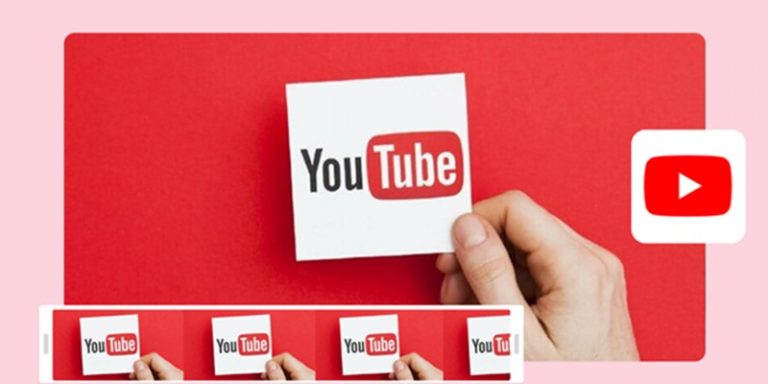
YouTube is rolling out two new artificial intelligence tools designed to enhance content discovery and user engagement on its platform, marking yet another step in Google’s broader mission to embed AI deeply into its product ecosystem.
The latest features include an AI-powered search results carousel and an expanded conversational AI assistant. These tools aim to help users explore topics more effectively, interact with content dynamically, and ultimately spend more time on the platform — a reflection of YouTube’s strategic AI overhaul.
New Features to Reinvent Search and Learning on YouTube
The search results carousel, now available to YouTube Premium members in the U.S., uses generative AI to suggest video snippets and creator content along with AI-generated topic descriptions. For instance, a search query like “best beaches in Hawaii” might display a carousel of curated clips showcasing top snorkel spots or volcanic coastlines, along with contextual summaries to help users plan activities more efficiently.
Register for Tekedia Mini-MBA edition 19 (Feb 9 – May 2, 2026).
Register for Tekedia AI in Business Masterclass.
Join Tekedia Capital Syndicate and co-invest in great global startups.
Register for Tekedia AI Lab.
Meanwhile, YouTube is expanding access to its conversational AI assistant, which allows users to ask real-time questions, get content recommendations, or quiz themselves on topics presented in educational videos. While initially available only to Premium users, this feature will now reach some non-premium users in the U.S. for testing.
YouTube says the new tools are designed to “make it easier to dive deeper, learn faster, and find what you’re looking for,” underscoring its plan to become more than a video-sharing site — it wants to become an AI-enhanced learning and discovery engine.
“Today we’re introducing two AI updates to help you dive deeper, learn faster, and find what you’re looking for more easily on YouTube,” it said in a blog post.
Part of a Broader Tech Industry AI Shift
YouTube’s announcement is part of a sweeping trend across the tech sector, with major players accelerating their integration of artificial intelligence into core services in a bid to boost performance, reduce costs, and defend market share.
- Microsoft has embedded OpenAI’s GPT models into nearly all of its flagship products, from Word and Excel to Windows 11 via its Copilot suite. The company has also launched Copilot for GitHub to assist developers in coding with natural language, now used by over 1.8 million users.
- Meta has integrated AI-generated recommendations across Facebook, Instagram, Threads, and WhatsApp, including a new feature called AI Personas — chatbots styled as celebrities, experts, and fictional characters. Meta also uses AI to drive advertising performance, a key revenue stream for the company.
- Amazon has rolled out AI-enhanced product summaries and launched Rufus, an AI shopping assistant embedded in its mobile app. It also announced plans to invest billions in training large language models via its cloud unit, AWS.
- Apple, though slower to publicize AI efforts, recently previewed Apple Intelligence, its new personal AI system baked into iOS 18. It combines generative capabilities with personal context from user data, and integrates ChatGPT access into Siri — an unusual but strategic partnership with OpenAI.
- Netflix is also turning to AI for personalization and content curation, while Spotify has launched an AI DJ that creates automated music playlists and commentary.
According to Goldman Sachs, AI integration could boost global corporate profits by as much as 30% over the next decade, particularly for companies that successfully adopt automation, personalization, and data-driven optimization at scale.
With YouTube now adding AI-generated recommendations and a real-time assistant, the platform is positioning itself more competitively against rivals like TikTok, which already uses AI extensively to personalize its “For You” feed. YouTube’s parent company, Google, has also baked AI into core products like Search, Gmail, and Android via its Gemini AI model — reflecting a company-wide pivot from traditional services to AI-first experiences.
The company is expected to gather feedback ahead of broader rollouts as more users test YouTube’s new AI tools in the coming weeks. While concerns around privacy, misinformation, and content moderation persist, the direction is that generative AI is fast becoming a pillar of user experience across the tech industry — and YouTube wants to be at the forefront.



